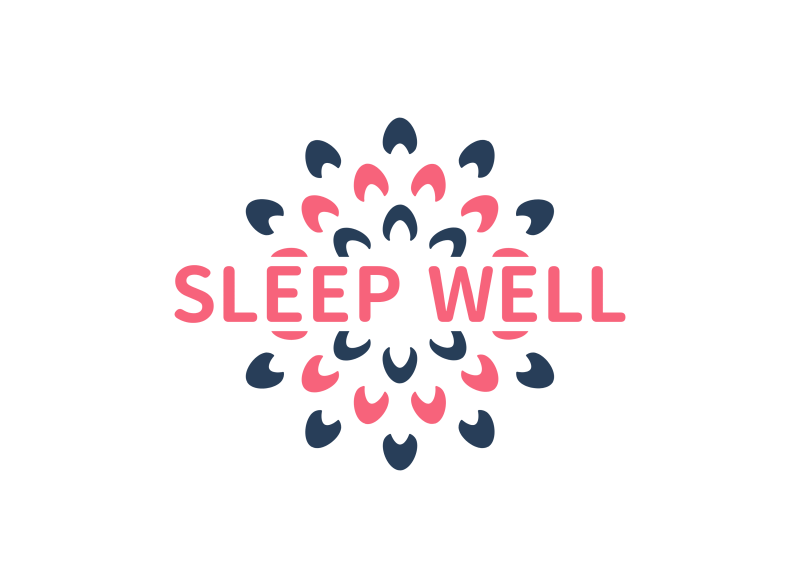How Dreams Can Help Us Understand Our Unconscious Minds
Dreams can be a fascinating window into our unconscious minds. They can help us to better understand our deepest thoughts, feelings, and desires. By exploring our dreams, we can gain insight into our innermost selves and gain a better understanding of our unconscious minds.
Dreams can be a powerful tool for self-discovery. They can provide us with valuable insight into our subconscious thoughts and feelings. By exploring our dreams, we can gain a better understanding of our motivations, fears, and desires. Dreams can also help us to identify and address any unresolved issues or conflicts that may be lurking in our unconscious minds.
Dreams can also help us to gain a better understanding of our relationships with others. By exploring our dreams, we can gain insight into how we interact with others and how our relationships may be affecting our lives. Dreams can also help us to identify any patterns of behavior that may be causing us difficulty in our relationships.
Dreams can also help us to gain a better understanding of our own behavior. By exploring our dreams, we can gain insight into our own patterns of behavior and how they may be affecting our lives. Dreams can also help us to identify any areas of our lives that may need improvement.
Dreams can also help us to gain a better understanding of our own creativity. By exploring our dreams, we can gain insight into our own creative potential and how we can use it to our advantage. Dreams can also help us to identify any areas of our lives that may need more creative energy.
Dreams can be a powerful tool for self-discovery and understanding our unconscious minds. By exploring our dreams, we can gain valuable insight into our innermost thoughts, feelings, and desires. Dreams can also help us to identify and address any unresolved issues or conflicts that may be lurking in our unconscious minds. Dreams can also help us to gain a better understanding of our relationships with others and our own behavior and creativity.
Exploring the Relationship Between Sleep and Mental Health
Sleep is an essential part of our lives, and it has a powerful impact on our mental health. Studies have shown that people who get enough sleep are more likely to have better mental health than those who don’t.
Sleep helps us to process and store information, regulate our emotions, and maintain a healthy balance of hormones. When we don’t get enough sleep, our bodies and minds don’t function as well, leading to a decrease in mental health.
Lack of sleep can lead to a decrease in concentration, memory, and problem-solving skills. It can also lead to an increase in stress, anxiety, and depression. People who don’t get enough sleep are more likely to experience mood swings, irritability, and difficulty making decisions.
On the other hand, getting enough sleep can help to improve mental health. Studies have shown that people who get enough sleep are more likely to have better mental health than those who don’t. Getting enough sleep can help to reduce stress, improve concentration, and boost mood.
So, if you want to maintain good mental health, make sure you get enough sleep. Aim for seven to nine hours of sleep each night, and try to go to bed and wake up at the same time each day. Avoid caffeine and alcohol before bed, and create a relaxing bedtime routine that will help you to wind down and get ready for sleep.
By taking steps to get enough sleep, you can help to improve your mental health and overall wellbeing. So, don’t skimp on sleep – it’s an essential part of a healthy lifestyle!




